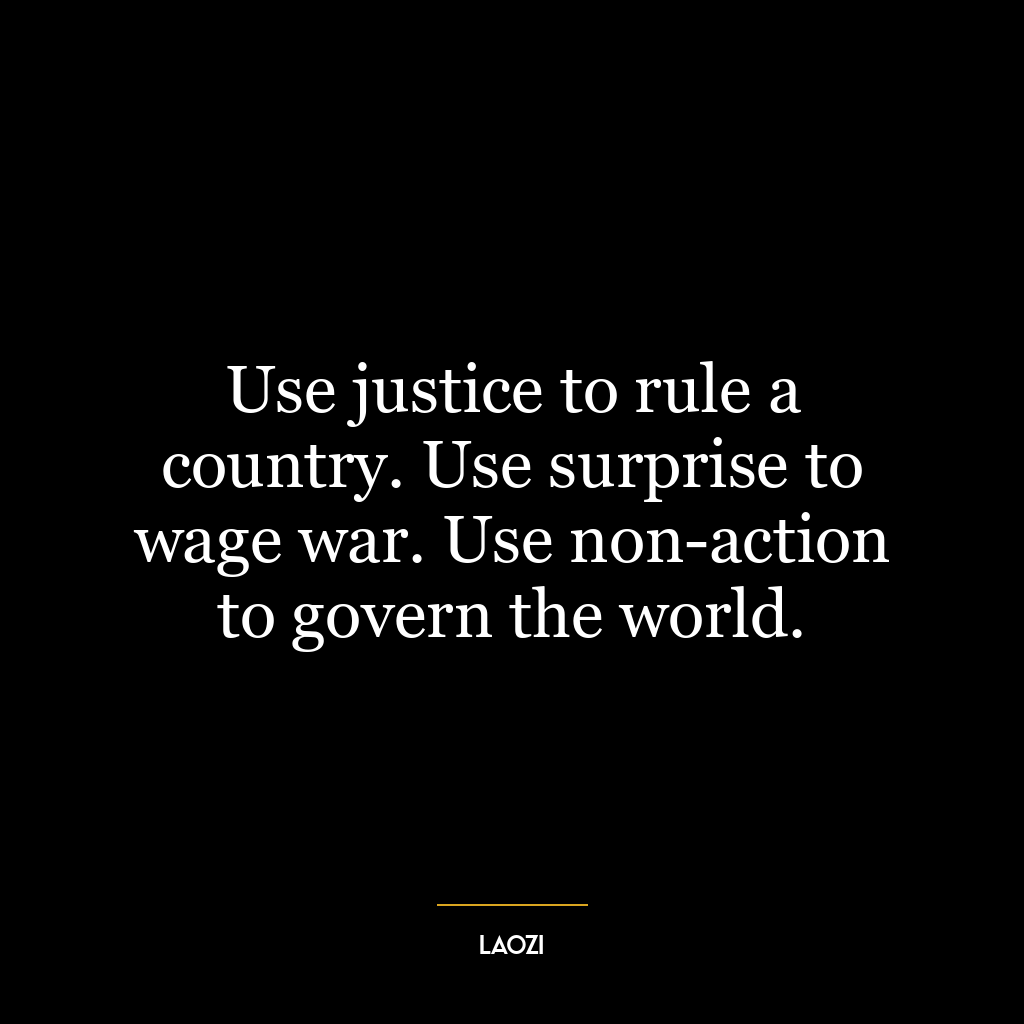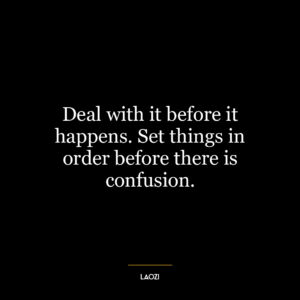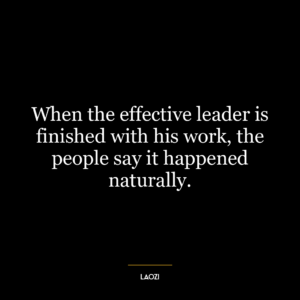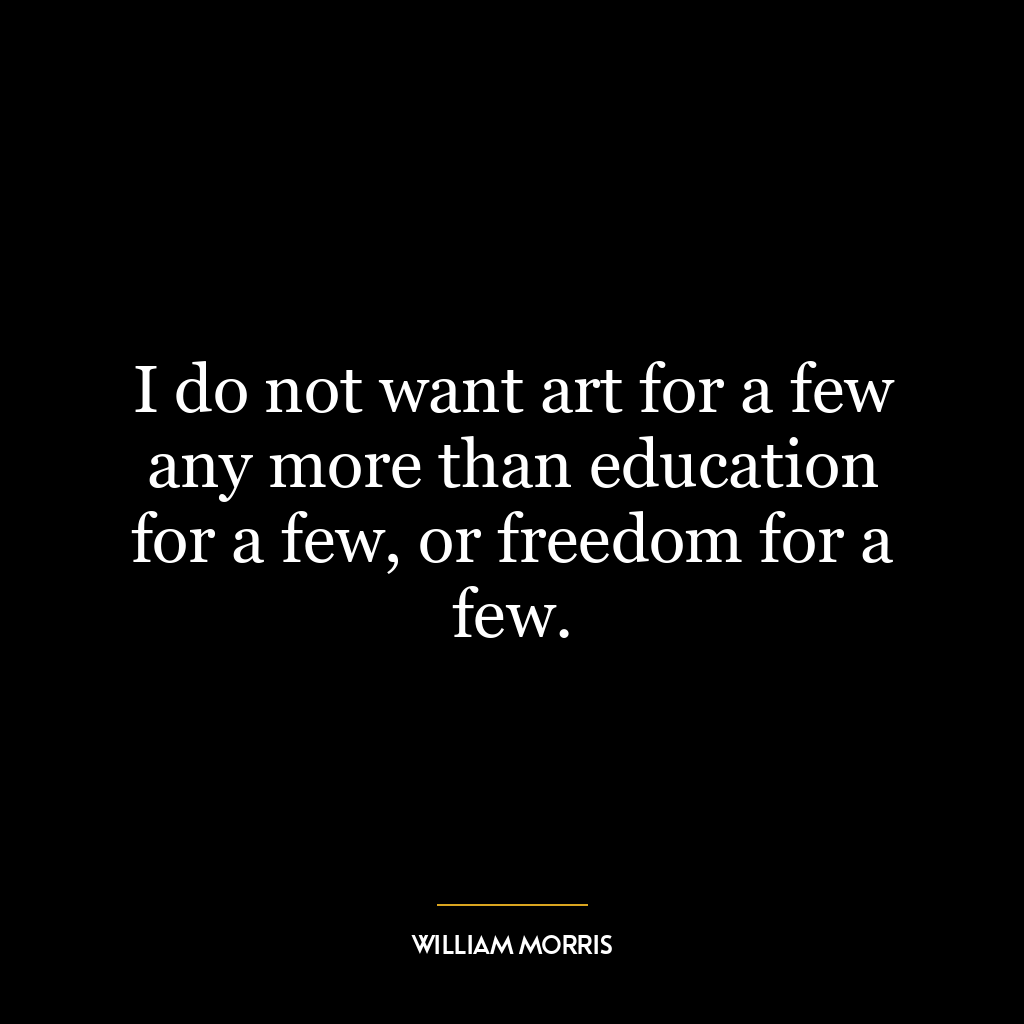Use justice to rule a country. Use surprise to wage war. Use non-action to govern the world.
This quote can be understood on multiple levels. On a surface level, it suggests three strategies for leadership: fairness, unpredictability, and inaction.
The first part, “Use justice to rule a country,” suggests that fairness and equality should be the fundamental principles of governance. Leaders should treat their citizens with respect and ensure their rights are protected. This fosters trust and loyalty among the populace, creating a stable and harmonious society.
The second part, “Use surprise to wage war,” refers to the military strategy of unpredictability. By keeping your plans secret and unpredictable, you can catch your enemies off guard, giving you an advantage. This strategy has been used effectively throughout history, from ancient battles to modern warfare.
The third part, “Use non-action to govern the world,” is a bit more complex. This is a reference to the Taoist concept of ‘wu wei’, which can be translated as ‘non-doing’ or ‘effortless action’. It suggests that the best way to lead is by not forcing things, but rather by allowing them to naturally unfold. This doesn’t mean doing nothing at all, but rather not interfering unnecessarily and allowing things to follow their natural course.
Applying these ideas to today’s world, we can see the importance of fair and just leadership, especially in the face of growing inequality. Leaders who prioritize justice and equality are more likely to have the support of their citizens.
In terms of warfare, while we all hope for peace, the reality is that conflicts still occur. The element of surprise remains a crucial strategy in military operations.
As for ‘wu wei’, this concept can be applied to many areas of life, from business to personal development. In a world that often values hustle and constant action, the idea of ‘non-action’ can seem counterintuitive. However, it suggests that sometimes, the best course of action is to step back and allow things to naturally unfold. This can be applied to personal development by encouraging us to not force things, but rather to allow ourselves to grow and learn at our own pace. It can also be applied to leadership, suggesting that leaders should not micromanage, but rather trust their team and allow them to do their jobs.















